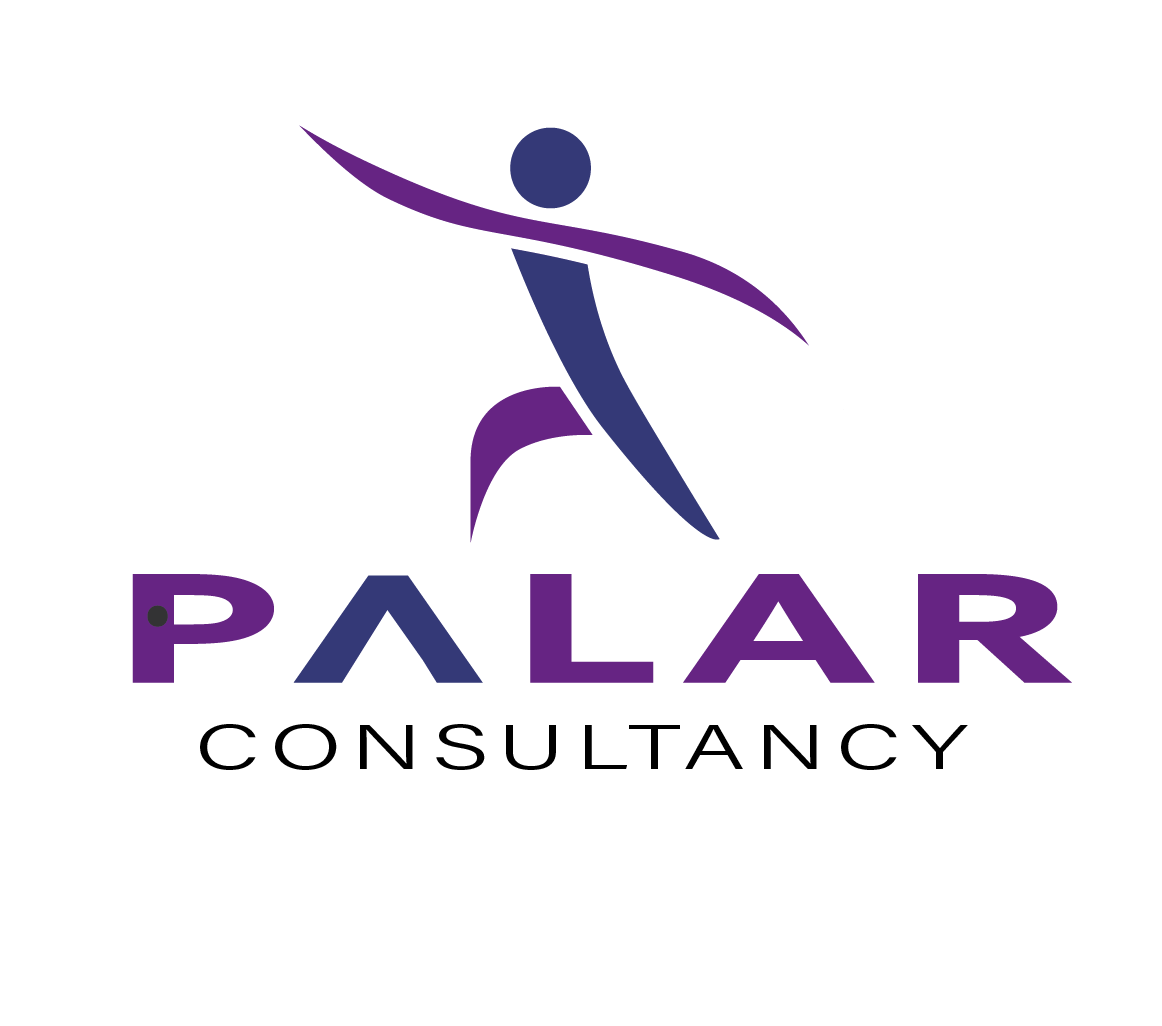
Case Study – Reducing Falls and Protecting Independence
Falls are one of the most common reasons people attend A&E, particularly among older adults. Often, individuals arrive uninjured from the fall itself but face other health issues caused by being unable to get up for an extended period and are unable to phone for help. A short delay in assistance for those living alone can have serious consequences.
To address this, I led a team to commission an integrated Falls Responder Service, linked to personal lifeline pendants. This service ensures that people at risk of falling can receive immediate help through a simple press of a pendant. Trained responders provide:
- Rapid, calm, on-site assistance
- Continuous monitoring and reassurance
- Escalation to emergency services if needed
Unlike traditional emergency services, these responders stay until the individual is safe and comfortable, preventing unnecessary hospital admissions, when safe to do so.
The impact:
- Reduces the risk of further injury
- Supports people to remain independent in their own homes
- Maintains quality of life
Immediate, trained assistance isn’t just a convenience—it can be life-changing. The right support at the right time prevents additional accidents, avoids hospital stays, and helps people maintain their independence.
